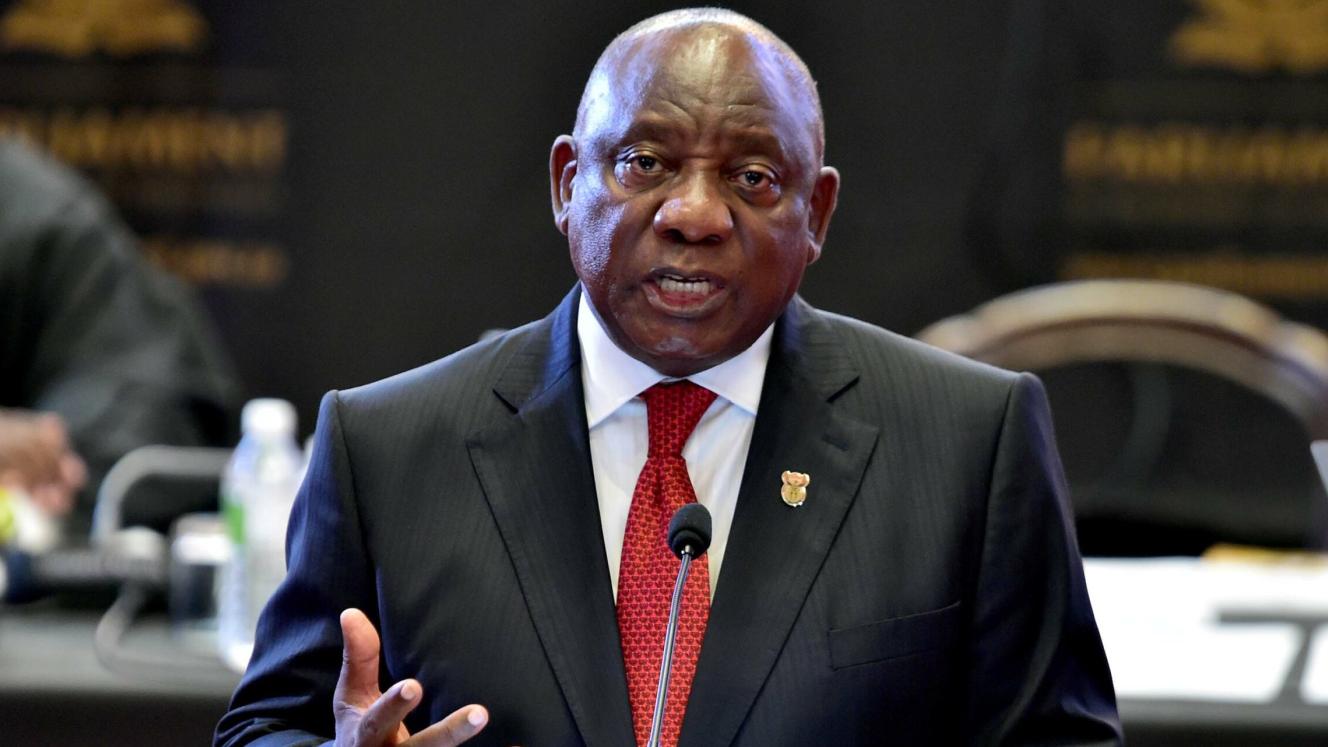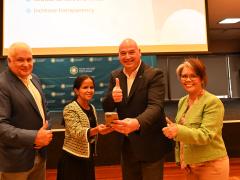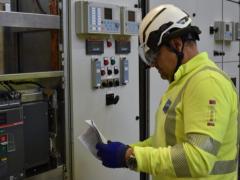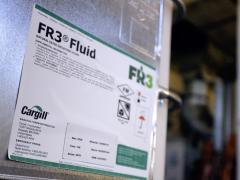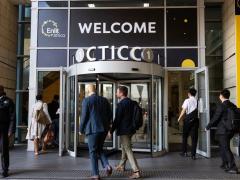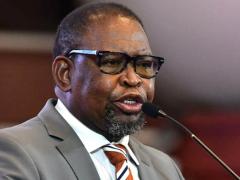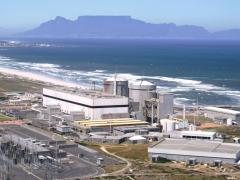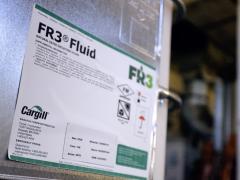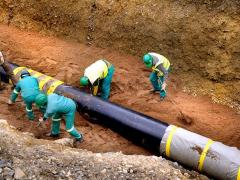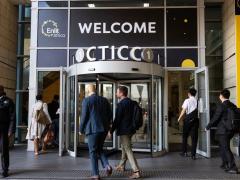A transparent regulatory framework and policy certainty are essential for attracting private-sector investment to South Africa’s energy sector, says Alberto Gambacorta, Executive Vice President and General Manager for Scatec in Sub-Saharan Africa. Commenting on the energy aspects of the State of the Nation Address (SONA) delivered by President Cyril Ramaphosa last week, he says private capital, expertise and innovation will accelerate the transition to a competitive electricity market.
SONA outlined significant steps towards addressing South Africa’s energy challenges, particularly the Electricity Regulation Amendment Act – a landmark reform to foster competition. However, effective implementation hinges on clear regulations, streamlined permitting and transparent grid access to prevent inefficiencies.
A competitive electricity market requires fair access and strong oversight to prevent dominance by a few players. Independent power producers can contribute significantly if project approvals are expedited, tariffs remain stable and grid capacity is expanded – their success also depends on bankable power purchase agreements, a streamlined licensing process and consistent policy direction to ensure long-term energy security.
Investing in transmission infrastructure
Clear revenue models, risk mitigation and policy certainty are essential for attracting private-sector investment in transmission infrastructure. Public-private partnerships must equitably balance risk and return while ensuring long-term stability.
The US$13 billion pledged for South Africa’s Just Energy Transition should be strategically directed towards grid expansion, battery storage and skills development. Supporting local manufacturing and industrialisation will drive job creation and economic growth. Investing in workforce skills is also essential for sustaining a green economy.
Unlocking SA’s critical minerals potential
Key reforms are needed to unlock the full potential of South Africa’s critical mineral reserves. South Africa possesses vast reserves of critical minerals essential for the global energy transition and value addition should be a priority. A well-defined downstream beneficiation strategy, aligned with infrastructure development and skills enhancement, will ensure these resources drive local industrialisation rather than being exported as raw materials.
South Africa’s energy sector will become more decentralised, resilient and competitive within five years if current reforms are implemented effectively. The bold steps required today include fast-tracking grid expansion, finalising electricity market reforms and ensuring policy coherence.
Reliable and affordable energy is fundamental to achieving economic growth above the 3% mentioned in SONA. Reducing supply constraints, stabilising electricity costs and supporting industrial expansion will unlock investments, create jobs and enhance global competitiveness.
